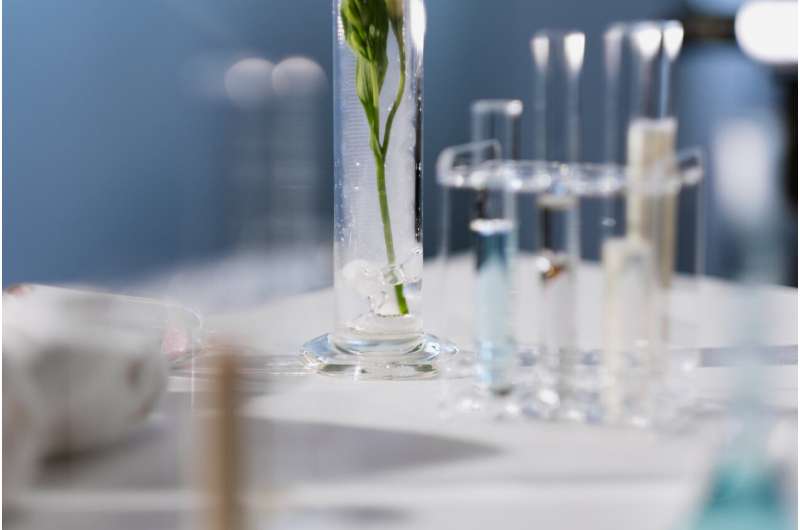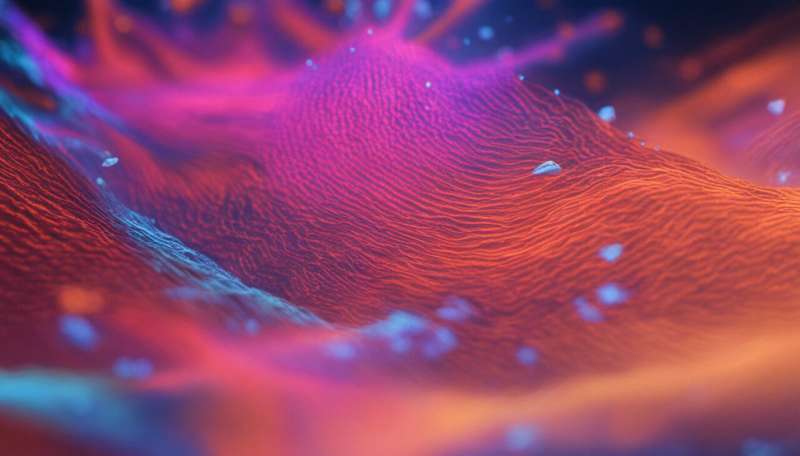Four nifty chemistry life hacks

We all love a life hack that makes our day a little cheaper and easier. And the neat tricks that iron out the niggles of life can come from some interesting places. There's some cool chemistry loitering in your cupboards that can also be put to good daily use. Here's how – in words … and video.
1) Clean your silver
There are plenty of products out there for polishing up the silverware. But there's actually no need to buy any of them – all you need is some aluminium foil and a little bicarbonate of soda (sodium hydrogen carbonate).
Simply add a tablespoon of bicarb and a few strips of foil to a cup of hot water. Then drop in your tarnished silver and leave it for a few minutes. Remove, rinse and hey presto … sparkling silver.
So how does it work? Well, the black tarnish is silver sulfide. It slowly accumulates as the silver reacts with sulfur in the atmosphere and food (don't use silver spoons to eat eggs! The sulfur in them brings up the tarnish quick sharp).
Polishing your silver removes the tarnish to reveal the silver underneath, but that slowly wears away at the surface detail. It's much better, then, to use the foil trick. The aluminium reacts with the silver sulfide to create aluminium sulfide, turning the tarnish back to silver. So unlike polishing, you don't lose any of the precious metal.
So what's the bicarb for? The foil is covered with a thin layer of aluminium hydroxide, which stops the aluminium metal reacting with the silver. The bicarb removes this layer and allows the foil to do its stuff.

You might also notice a faint rotten egg smell. That's due to the aluminium sulfide going on to react with the water to produce stinky hydrogen sulfide gas.
2) Bounce your batteries
Want to know if all those old batteries in your kitchen drawer are fresh or flat? Simple, just drop them – the old batteries will bounce. Alkaline batteries contain two chambers, one houses manganese dioxide, the other a mixture of zinc and potassium hydroxide in the form of a gel. As the battery discharges, the gel slowly turns to a ceramic. And as every chef knows, ceramics bounce and jelly doesn't.
3) The great vinegar descaler
No need to fork out for anything fancy to descale kettles. Plain old vinegar does the trick just as nicely. Simply fill your kettle with one part vinegar to two parts water. Boil it, let it cool, then rinse.
Limescale is largely calcium carbonate. Acetic acid (vinegar) reacts with the scale to produce water, carbon dioxide, calcium acetate (which is soluble so it can be rinsed away) and a clean kettle. Now, who's for tea?

4) Chilli bird feed
Don't worry, it's not cruel. In fact, if you want to attract birds to your garden with some tempting feed but aren't so keen on rodents getting a free lunch, it's just the thing. You could, of course, buy an elaborately engineered, squirrel-proof bird feeder – but it's far cheaper and easier to go down the chemistry route and spike the bird food with chilli powder.
Chilli feels hot because it contains a chemical called capsaicin which triggers your heat receptors, fooling you into feeling like your mouth is burning. Your body is so convinced you're on fire it starts the normal inflammatory response it uses to mitigate burns. This is what causes all the swelling, sweating and general discomfort associated with spicy food, symptoms that can also be used to your garden's advantage.
In nature, the chilli pepper produces capsaicin to repel pesky mammals and insects. Birds, however, are entirely immune to the spice's effects. In fact, the chilli plant needs birds to eat the fruit and spread its seeds far and wide.
The upshot is that you can load up bird feed with as much chilli powder as you like and your avian visitors won't feel a thing. Meanwhile, any roaming rodents won't come back for a second bite. And, as an added bonus, your chilli-fed chickens might even have a lower level of salmonella than their un-spiced counterparts. But sadly, pre-seasoning chickens and their eggs with spiced bird-feed doesn't work.
Source: The Conversation
This article was originally published on The Conversation. Read the original article.
![]()




















